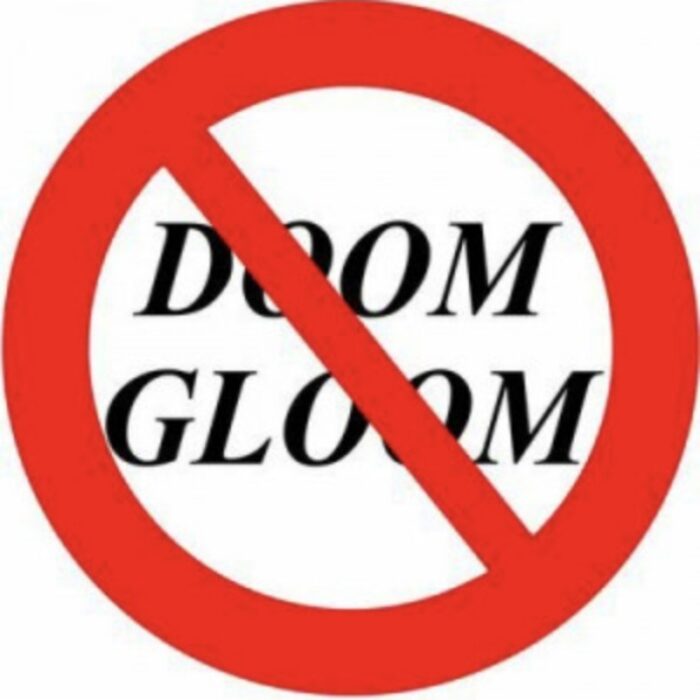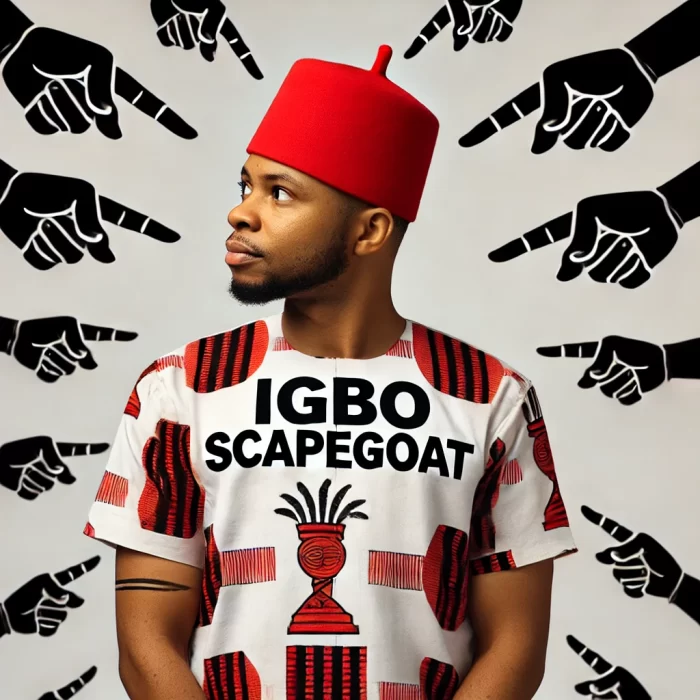by Nnaoke Ufere, PhD
The majority of Nigerians are status addicts. In fact, it’s an epidemic. Those afflicted have a compulsive obsession with seeking higher relative standing in terms of esteem, respect, adoration, worship, power and influence.
They have inflated egos and a grandiose sense of self-importance and entitlement. And they have a need for constant and excessive validation and praise by others. They demand privilege, deference, adulation and bowed heads.
The public oblige approvingly and willingly; singing their praises in folklore, hymns and popular music. They are surrounded by sycophants and flatterers who stroke their ego. This heightens addiction and adds to pleasure, feeding the status escalation cycle: the addict needs higher status for increased satisfaction.
When an opportunity to enhance or flaunt status presents, these Nigerians will capitalize on it. Whether in politics, business, place of worship, cultural event, airport, party, burial, online, you name it, there’s always this one-upmanship and conspicuous spending to showcase and promote one’s higher status.
These addicts signal status by public display of wealth, and they use houses, cars, jewelry, clothes, chieftaincy titles, academic degrees, and other possessions to do this.
You know them when you meet them. They always attract attention by being the center of attraction. They bluster, they brag, they rant and rave. Others use isolation and standoffishness to create an air of importance and exclusivity.
In seeking higher social status these addicts live vicariously through their children. When you meet them they are quick to brag about their “genetically gifted” (read: I’m gifted so my child is gifted) child – the one child out of five whose accomplishment feeds their ego and enhances their relative status. They never mention the other four lesser children they consider losers because they fear doing so will diminish their status.
Nothing is wrong with a parent being proud of a child’s achievements. But it becomes unhealthy, in fact an abuse, when the child is objectified just to boost and fulfill a parent’s selfish status addiction.
These Nigerian parents rush their children into higher grades they are unqualified to attend just to put them ahead of others. They forcefully push their children into predetermined college degrees to be doctors, pharmacists and engineers without consideration for the child’s inner talents and interests.
In the US, I’ve seen many Nigerian parents who bragged about their child who is still in middle school becoming a future medical doctor. I’ve also noticed the same parents terribly disappointed when the child fails organic chemistry in college and their dream of producing a medical doctor is dashed. And sadly, they may never mention the child again in public.
Status addiction has led many Nigerians to make many unwise, stupid and mindboggling decisions.
For example, to increase relative status and earn praise and adoration, they borrow and pay for disgustingly extravagant burials for parents they hardly cared for.
They build expensive, prodigal country estates in their villages and host lavish home-warming parties to showcase their new status only to end up bankrupt or in severe debt later in life. Why do they do this? You guessed right: status addiction.
Further, many Nigerians in the USA take massive student loans to pursue a never-ending, useless online PhD degree. These PhD programs are run by unaccredited certificate mills in worthless disciplines. The sad thing is that the majority, if not all of them, end up unemployable. By the time they earn the degree, they are past their productive employment years!
Even when they find jobs, they are usually underemployed in jobs that only need a high school certificate, making too little to even pay back their massive school loans. Why do they do it? You already know the answer: a PhD is a status symbol among Nigerians.
Status seeking often leads Nigerians to many other stupid mistakes, including choosing a spouse for the wrong reasons. Talk to Nigerian parents in the USA about their wish for a son or daughter in-law. Their wish-fulfilment is a medical doctor or pharmacist, engineer, investment banker or “blockchain entrepreneur” (sorry, no lawyers welcome). What these parents are looking for primarily is status and money. Values, character, love and happiness do not count or are only an afterthought.
Attend any Nigerian social event in Houston, Maryland, or Atlanta and observe firsthand the status-based segregation in action. Procession, seat assignment, food serving order, speeches, etc. are laced with status meanings. You’ll quickly notice the addicts as they compete for recognition and public acknowledgement.
In the USA, Nigerians routinely make social comparisons, intentionally or unintentionally. We compare ourselves to our friends, neighbors, coworkers, church members, etc. Nowadays, social media magnifies this unhealthy behavior.
Often, the byproduct of comparison is envy. The consequence is that people tend to be resentful of other’s success reminiscent of Gore Vidal’s confessional: “Whenever a friend succeeds, a little something in me dies.”
It is common that Nigerians trapped in this downward spiral of status envy and anxiety undergo a devastating health experience. They often have one or more associated health issues: heart disease, stroke or mental health conditions, according to addiction experts.
Those who feel they are not catching up to their peers, church members or neighbors face a serious threat to their self-worth and mental well-being. They perceive themselves as not only behind but as failures, according to our dominant cultural narrative of wealth and status as markers of individual accomplishment.
The outcome is social disconnection, isolation, depression and decline in mental health. As psychologist Michael Hurd pointed out about status, “you’ll be unhappy without it, and you’ll be unhappy once you acquire it.
Researchers suggest that deaths associated with status competition anxiety (SCA) and status decline despair (SDD) are increasing. Most of the anxiety is triggered and elevated by unhealthy social comparisons and cultural expectation pressures.
Granted that humans are social creatures and status seeking is universal. But it becomes, as it is among Nigerians, an unhealthy behavior with corrosive and deleterious effects; systematically periling the mind, culture and society.
Why is all this important?
Because experts link status addiction to systemic wrongdoing in our society: corruption, robberies, kidnapping, drug and sex trafficking, body part harvesting, money rituals, internet fraud and other sociopathologies. Experts suggest that addiction to status is the beginning of every malfeasance in Nigeria.
These addicts often don’t pay taxes; they take more from the economy than they give. And they take what doesn’t belong to them. They take what belongs to all citizens – the oil wealth and common human dignity.
Then there’s the question of what happens when they run out of money to feed their status addiction. They default to wrongdoing. They loot the Central Bank and state treasury, murder innocent citizens in money rituals, kidnap and rob, and engage in internet frauds. These are crimes which imperil Nigeria today.
Is There A Cure For Status Addiction?
Unfortunately, there’s no known cure for status addiction. However, a small attitude change may help the afflicted.
The best way to manage status addiction is to focus on what you have and to be thankful for what you have and your situation in life.
For example, rather than comparing with others, studies show that you should compare your present self to your past self. In doing so, you may realize and appreciate the changes in your own life. If you do, you’ll be filled with gratitude that you are even alive.
So, whenever a friend succeeds, your neighbor buys a new car, your friend’s child accomplishes something, show genuine appreciation; it will make you happy, not envious.
If you think you’re not addicted to status, you’re not alone. Research shows that most addicts, whether sex, drug, internet, you name it, are often unaware of their addiction. But you are. Most Nigerians are status addicts. To change is first to be aware.
What is the broader lesson here? As an individual, if status is your focal goal, you’ll end up unhappy without it and you’ll be unhappy once you acquire it.
After reading this piece and you accept you’re a status addict, please get off the status rat race. Even if you win, you’re still a rat. Staying in the status rat race ultimately diminishes your humanity and hurts our nation.
As a nation, we must confront the epidemic of status addiction and, like any other addiction, such as dangerous drugs, develop a comprehensive policy and program to respond and remedy it if we are to move forward as a nation.




